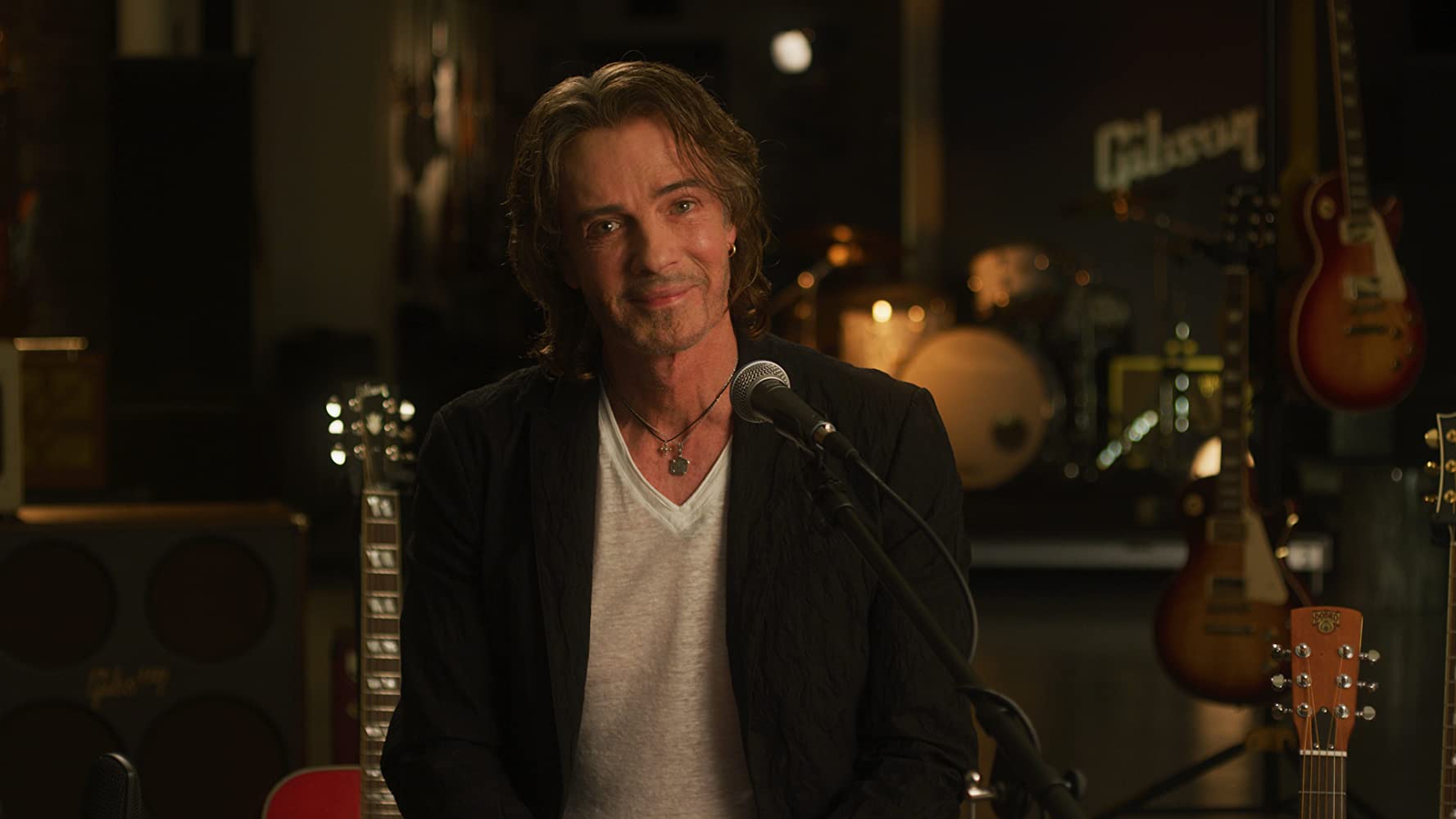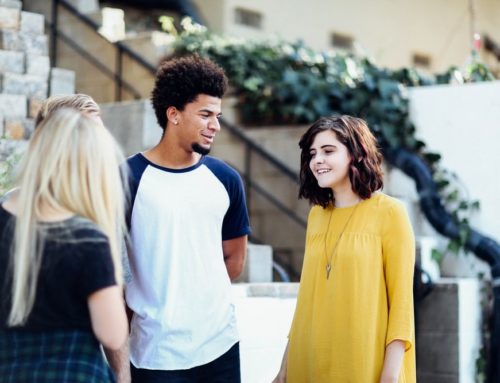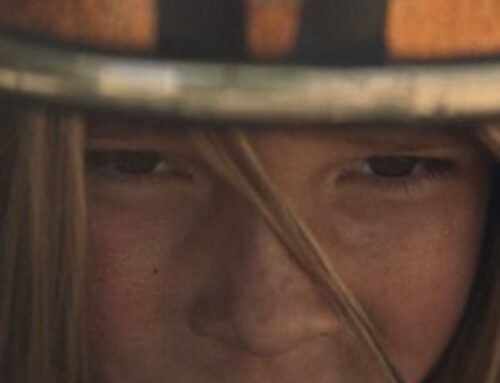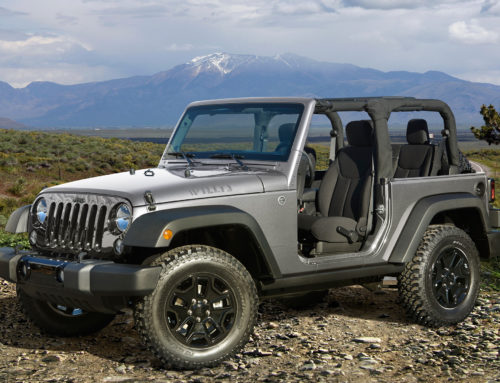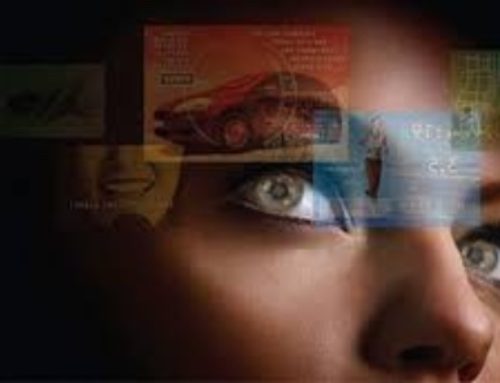“I would rather entertain and hope that people learned something than educate people and hope they were entertained”
– Walt Disney
Natalie Barandes is the founder and CEO of The Joy Factory, an LA film and TV production company that is a leading creative content studio for brands. Natalie produces films and TV shows, and is here today to talk about creating “entertaining” branded content. She has worked with notable brands including the NFL, Beachbody Productions, Comedy Central, Gibson Guitars, Disney, United Healthcare, Sony, and AXS TV. She’s also a leading expert on health and wellness content that changes lives. Natalie joins us today from Los Angeles.
The following has been edited for clarity and brevity. Please listen to the full interview HERE in an Overhead Space podcast.
Jane Cavalier: Hi Natalie and thanks for joining us today. Tell us, what is it that makes content truly entertaining?
Natalie Barandes: Entertainment is different for everyone, but I think the universal theme is that it evokes human emotion. Great entertainment is a horror movie that makes you scared or a comedy that makes you laugh or a drama that makes you feel.
Jane: Many people say it all comes down to storytelling, but I sense there is more to it than just that.
Natalie: Storytelling is probably one of the most overused terms, because people use it as kind of a catchall. Telling a story is a really easy thing to do. Telling a great story is a difficult thing to do. I always give the example, “Oh, my relative tells the same story over and over again. It’s so boring/”. So that’s a story, but it’s not a good story. I think good storytelling starts with great characters that you can relate to in some sort of an arc or an adventure or something that happens to that character over time. When I was in the promo world, we told stories in 30-second commercials. When I was in the movie trailer business, we took 30 seconds, 60 seconds, or under two minutes to market a movie.
Jane: I’ve always thought that movie trailers must be incredibly difficult to make.
Natalie: We had to take a story that took two hours plus to tell, and then tell it in two minutes. The idea wasn’t to tell the whole story. It was to tell a story about that story. So, it was about extracting elements related to character, plot and what the character is trying to accomplish.
Jane: How do you apply entertainment concepts to creating branded content?
Natalie: I always start with the brand identity. We all know what makes a great brand and some of us also know what makes a great story. We want to put those two things together and stay authentic and true.
Jane: Can you give us an example?
Natalie: Years ago, I was at a company called Beachbody. We were creating a 70 ingredient shake. Why was this shake better and different than everything else? It’s because it had 70 different ingredients and those ingredients were superfoods. We’re talking back in 2010 and Superfoods was a new concept then. What’s a superfood and why should anybody care? Well, no one did care. We can easily make a 30-second commercial about the drink. It makes you feel good, it makes you lose weight and all that stuff. I thought that was boring, so I took a very different approach. I said, “Why don’t we create an adventure?”
Jane: What inspired you to go in that direction?
Natalie: One of the founders was this guy who had traveled all over the world to source the best superfoods. I thought that’s really cool. Maybe people should see that story. The story of this guy running around the globe, going into the Amazon jungle, into the Andes and into the jungle in Indonesia and all these cool places to source the ingredients for this shake. When they drink it, they might think “Oh God, somebody cared a lot about me and wanted me to have the best ingredients sourced from around the world.”
Jane: Right and the consumer actually becomes part of the adventure, because they are consuming the product that resulted from it.
Natalie: Exactly. The other part of the story is that these superfoods came from areas where people lived long, healthy lives based on consuming these ingredients. We wanted to go on an adventure to these remote places, look at these ingredients in their native environments, and tell the stories of the people that lived there for hundreds, if not thousands of years and how those ingredients made them live longer, have better digestion, help beat depression and so on. So, that was a very unique way of capturing the magic of a drink that’s made in a blender. We turned it into an adventure story about an Ingredient Hunter.
Jane: I love that character name, the Ingredient Hunter. What do you think was the most entertaining part?
Natalie: I think customers were very intrigued by the story of the Ingredient Hunter. He was young and handsome and brave and passionate about what he was doing. He wasn’t going to rest until he found the best superfoods across the planet and put them into this drink.
Jane: Wow. Sounds like he was the Indiana Jones of ingredients.
Natalie: It was hugely successful. It made Shakeology into one of the best-selling fitness shakes of all time, and it is still selling today.
Jane: That’s a great example of entertaining content. You recently created branded content featuring music legends sharing real stories. It was very authentic and created big impact for the sponsor, Gibson Guitars.
Natalie: We had the opportunity to work with AXS TV to develop a show called Mixtape. The idea was, a classic rock star tells the story of their life through the music they love. Gibson Guitars loved the idea and offered us their showroom. All of these rock stars love the Gibson Les Paul. It’s iconic. It’s beautiful. So we got to shoot in the Gibson showroom and the different artists loved being there. They felt at home. They felt like it was a world they belonged in. All the rock stars spoke directly to the camera. They were really very honest and relatable as they told the story of their life in a very authentic way.
Jane: Who were some of the rock stars you interviewed?
Natalie: We worked with Don McLean. Probably one of the first times Don McLean has come out for an interview in many years.
Jane: It has to be. Great choice. Where did you find him?
Natalie: In Maine, actually, he happened to be on the West Coast. He’s quite the curmudgeon, but he’s an important person in the classic rock world. He created American Pie, which is one the top five most important songs of the 20th century. If you can name number one I’m going to give you a prize.
Jane: That’s amazing and not surprising. What was number one of the top five most important songs of the 20th century? I have no idea.
Natalie: Somewhere Over the Rainbow. Number two, and this is from memory here, I believe was White Christmas.
Jane: Really? I need to see this list. Who else did you interview?
Natalie: We had Mick Jones from Foreigner. Phenomenal, unbelievable. We also worked with Rick Springfield. Fantastic guy. A very, very complicated up and down life, both being an actor and a teen idol and a classic song, Jessie’s Girl, but he’s much more than that. REO Speedwagon. Kevin Cronin is just sweet and wonderful. Great story about REO Speedwagon, which is just another little anecdote. They were number one on the charts during Live Aid. When they came to Live Aid, they were intimidated because Elton John was going to be there and the Rolling Stones. But they had the number one song! Very funny. We also interviewed Micky Dolenz from The Monkees.
Jane: Are you kidding me? Loved that show. I loved Davey Jones.
Natalie: Yep, Micky is a classic. Micky knows everybody. Micky worked with so many great people over the years. We also spoke with Robby Krieger from The Doors, who was incredible and just, wow. I mean The Doors. You just can’t believe they’re as popular today as they were in 1960.
Jane: That’s a fascinating mix of people. What a great opportunity for Gibson.
Natalie: It really worked for them. Gibson Guitars are for people that love music and play music. We were reaching their customers buyers and fans in a way that was very honest and authentic. The other piece that really got everyone excited was that we tied the show in with Spotify. We reached out to Spotify and they thought it was perfect for them. We gave them an audio version at no cost and they built playlists from the interviews. Spotify promotes these as Spotify mixed tapes. The playlists are absolutely fantastic for anybody that’s a music lover and especially a classic rock lover. So, tying in with Spotify and having a marketing head like we do over here at The Joy Factory is an important part of creating entertaining branded content.
Jane: Now, you’ve also done a lot of work in the health and fitness category where you are basically a legend. The entertaining instructional content has been very successful time and time again. What makes it work?
Natalie: Well, I have been very fortunate to work with some incredible partners. There was a new weight loss project and I was brought in because they wanted entertainment. They didn’t want somebody from the health and wellness industry. If I say, “I do health and wellness content,” people go, “Ugh, I don’t want to be a part of that.” And I say, “No, no, no. I work with TV people and film people. I come from the television business. The same people that put great shows on air are the people that are going to help people learn how to get healthy”.
Jane: So, you access talent from the entertainment industry to create the content?
Natalie: Yes. My writers on a current project are the two guys that created Pimp My Ride amongst many other shows. They also did a show called Shedding for the Wedding. They wanted to take their talent and experience in creating great television and use it to create great content to help people stay engaged in healthier living. The more they stay engaged, the more they learn. The more they see things that they can relate to, the more they’re going to stay on a program to stay healthy and stick to a healthy lifestyle.
Jane: Your track record is outstanding. You are really onto something and have changed many lives with your work. Now, think about some industries that you would love to have a chance to create some entertaining branded content for, is there anyone that comes to mind?
Natalie: Education. I think that all the things that we worry about and are upset about in our life right now goes back to education. If people were more educated and put value into education early on, we would have a much more empathetic and committed public. Again, if you say, “Oh, I’m doing educational videos,” people would be like, “Oh, that sounds terrible.” But what if we could take the same entertainment value that I’m applying to losing weight and we could do the same thing with education? Get people excited about it and want to dive in.
Jane: Great idea. What about creating entertaining branded content for financial services? Americans have such low financial literacy and need help. Imagine if Wells Fargo, Chase or Citibank created entertaining content that actually engaged people to make better use of their dollars.
Natalie: I don’t believe the financial services industry has ever really tried to connect with their consumers in that kind of meaningful way. We see a lot of television shows about bad people in the financial industry. We see so much evil there. We see all about what it does wrong. But not much on what it does right. So, I think entertaining content would really work. That reminds me. Did you know that the Carpenters had a huge hit that was actually created for a financial services company?
Jane: I can’t imagine. Which one?
Natalie: Do you remember, “We’ve Only Just Begun”? That song was written for a bank, for a home loan.
Jane: That is such an iconic hit. I find it hard to believe it was created for a bank.
Natalie: 100%. It was all about that we’ve only just begun to live, and it was to get your first home loan. If you think about it, people connected to that song on such an emotional level and applied their own kind of story it. I think that’s a really good example of how you can connect to people through music, through entertainment, through different ways other than advertising.
Jane: What advice would you give to a financial services company?
Natalie: Look at it from a different perspective. How can you connect with people on an emotional level? Could it be about entering into communities and educating … back to my education, educating communities on ways to save that will be helpful, that they can understand?
Jane: You give some wonderful examples. What’s the biggest obstacle to creating this kind of branded content?
Natalie: Most big industries are afraid of doing things that don’t have a precedent. That’s just a fact. They lack courage or vision or maybe just don’t have the permission to try new things. United Healthcare is a very good example of an exception. We did a weight loss program for them that was truly breakthrough. It took a very brave maverick over in the United Healthcare Ventures group to do it. That person said, “We can’t crack this code. How do we create a weight loss program that is really interesting”? He was doing P90X at the time as he was trying to get into shape. He said, “Those guys do such a good job at getting people in. I’m going to call them.” Well, a bunch us from Beachbody had moved on to other ventures in our lives and all got back together to apply that kind of thinking to create an entertaining, powerful weight loss brand and program. And it worked. It was a very bold initiative by a very conservative company.
Jane: I also understand that was wildly successful.
Natalie: It has become the most successful corporate weight loss program in America, with the highest participation and engagement levels. More people participated in losing weight and more people lost a “medical level” of weight, which is significant, than with any other program. That company, Real Appeal, also was sold for over $100MM within 18 months. It is still a successful program today.
Jane: That is quite a success story. Thank you for sharing it, because these are the stories people need to hear. Thank you for joining us today.
Natalie: Thank you, Jane. Like you, I think we’re at a place in our lives where we can take our great talents, as I hope the people that are listening to this podcast are inspired to, to be brave, bold, stand for what is right and fight for what you believe in. We don’t have to do things that have been done before. We can do things that we believe in and take paths that are a little different. I hope more people do that and people take more risks and know the value of connecting with their customers through entertainment.
Jane: Fantastic. Thank you Natalie.
Natalie: Thanks Jane.
To learn more about Natalie and the Joy Factory, click here.
Please listen to the full interview HERE in an Overhead Space Podcast.
FACT FOR THOUGHT
$87.3 Billion, $67.2 B
Projected 2019 advertising expenditures on the Internet (which is rising) and television (which is declining).
Zenith’s 2019 U.S. Media and Marketing Services Spending Forecast
Enjoying Overhead Space? There’s More to Love.
Subscribe to Overhead Space to receive mind-expanding content that helps you connect the dots in new ways.
